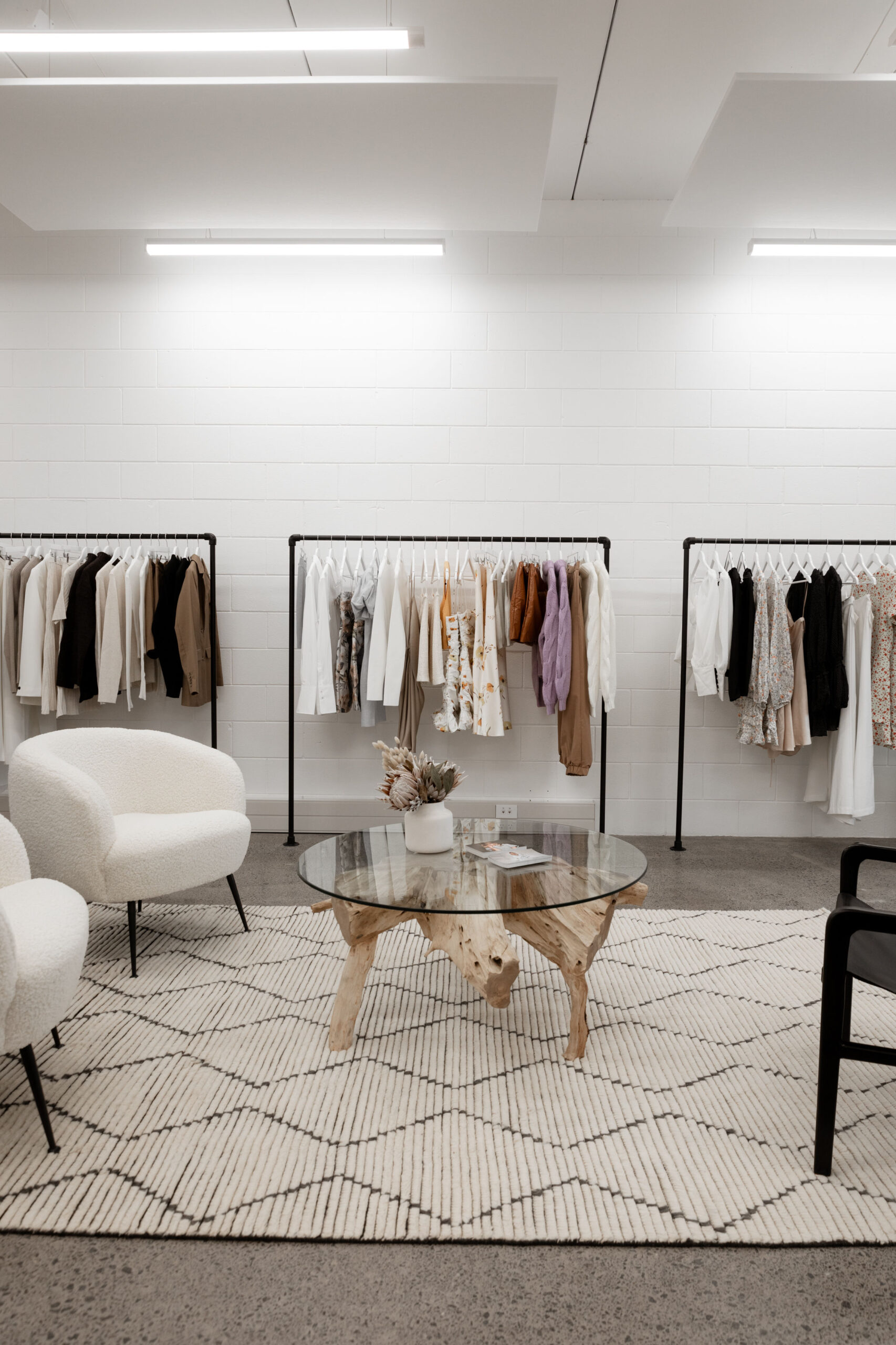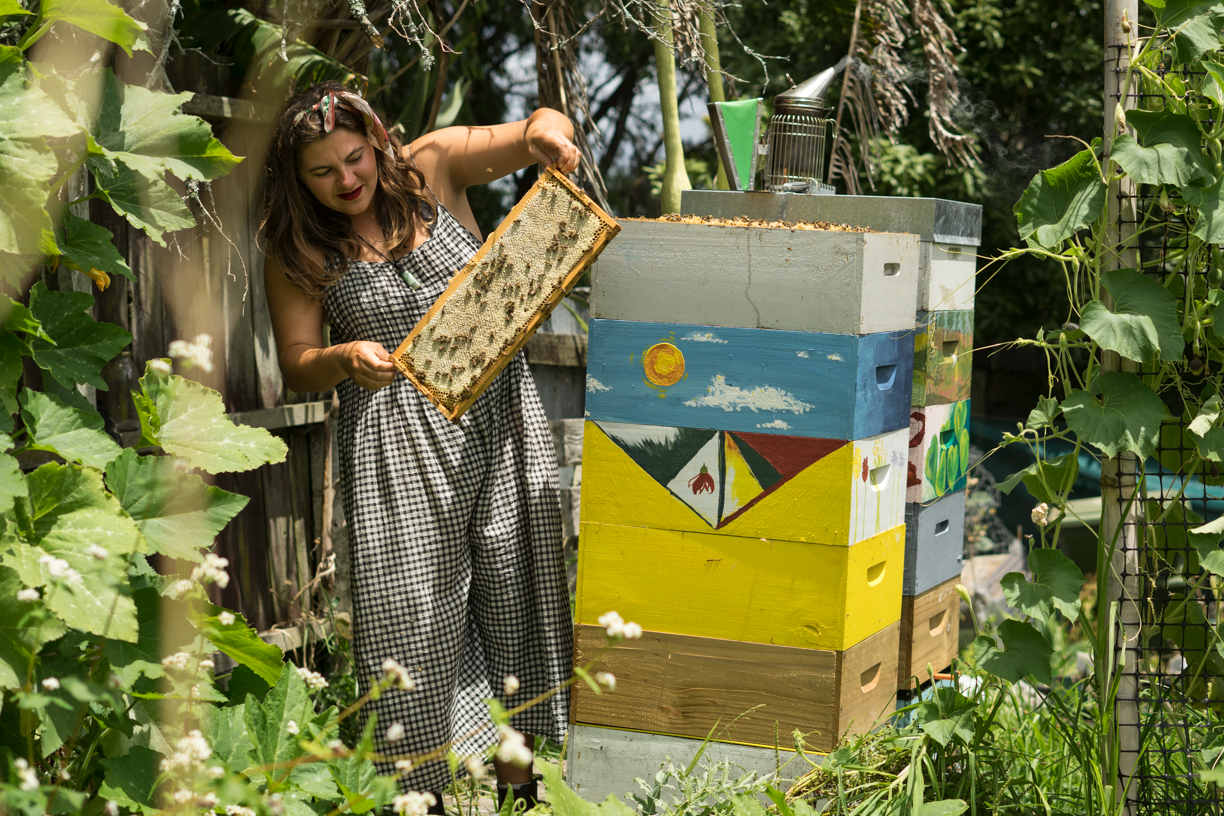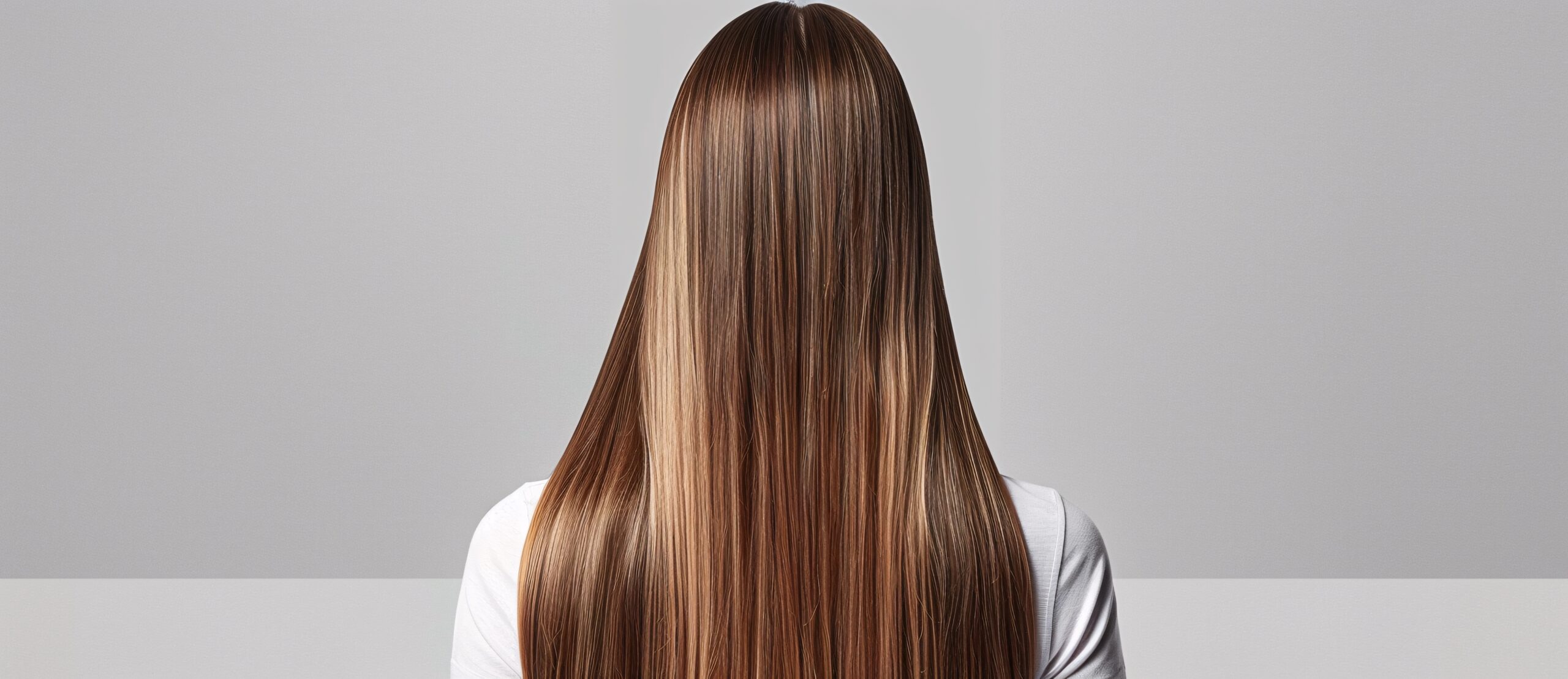How much plastic do you use each and every day? These Kiwi brands are helping us cut back, one product at a time.
July shouldn’t be the only time of the year that we consider where the plastic waste we use ends up, and for many of us it isn’t. When I can, I dine in at cafés or use a reusable coffee cup, wrap my lunch in beeswax wraps, and carry my groceries in reusable bags.
How much plastic goes to waste in New Zealand?
An astronomical amount of plastic is used all around us daily, and it’s crazy to fathom how we might eventually cut out plastic completely. In New Zealand alone, an estimated 159 grams of plastic per person is thrown away every day – this makes us some of the highest waste generators in the world.
To help remove some of this rubbish pollution from our land and waterways, Sustainable Coastlines has removed 1.7 million litres of litter from Aotearoa’s coastlines since its inception, thanks to the work of volunteers. The non-profit organisation has even developed a programme called Litter Intelligence that enables this waste to be catalogued – providing powerful insights about New Zealand’s litter problem, inspiring widespread action for solutions along the way.
One of those solutions is for Kiwis to become “citizen scientists”. Volunteering for Sustainable Coastlines, citizen scientists commit to collecting data on a patch of coastline they love, GPS-tracking a 100-metre strip that they return to four times a year – collecting any rubbish, which is then taken away to be categorised. Each category – of which there are about 120 – is then weighed, the information added to Litter Intelligence. The most common category collected? Plastic – currently accounting for close to 70 per cent of all items.
But there are plenty of Kiwi brands doing their part to help us minimise our reliance on plastic.
Leading the way
For food
It’s easy to bring plastic into the kitchen. Many food items from grocery stores are pre-packaged in plastic bags and film, so reusable fruit and veggie bags are great to keep on hand while shopping. You might also like to try purchasing items such as pasta and rice at bulk food stores – just use paper bags or bring your own containers or jars to fill.

Honeywrap
When it comes to leftovers, are you still in the habit of reaching for plastic wrap? Waikato-based Honeywrap produces sustainable beeswax food wraps as an eco-friendly alternative.
“Saying no to plastic is part of our ethos at Honeywrap. From our products to our postage, we want to challenge everyone to make small changes, which collectively will make a huge difference,” says owner Wendy Oliver. “We have saved a staggering 40 million metres of plastic wrap from polluting our oceans, waterways and landfills since our inception 10 years ago. To illustrate what 40 million metres looks like, that’s enough plastic to wrap around the earth!”
A supporter of charities and environmental projects such as Project Jonah, Forest & Bird, Eat My Lunch and Save the Kiwi, with other sustainable plastic-free products such as organic cotton produce bags, organic fire starters and stainless steel drink bottles, straws and pegs on offer, Honeywrap is also certified B Corp.
Health & beauty

Dust & Glow
The bathroom space is certainly an area of the home that can see plenty of plastic start to pile up, and that’s why Dust & Glow has formulated powdered hair, body care and skincare products – all in infinitely-recyclable, refillable aluminium bottles.
Most beauty products contain 80 to 95 per cent water – what Dust & Glow refers to as a “cheap filler”. “This means the ‘active’ ingredients are diluted, and since water can easily grow bacteria, there is a need to add synthetic preservatives – which are known irritants and potential endocrine disruptors,” explains founder Gaelle Thieme.
“We took the water, plastic waste and nonsense out of our products, creating sensorial formulations for a healthy glow and happy planet.” On average, one Dust & Glow bottle is equivalent to three bottles of standard liquid product and lasts up to 60 washes. With more than 120 billion plastic packaging items produced by the cosmetics industry annually, according to the Ellen MacArthur Foundation, it’s important that brands such as this are addressing the issue.

anihana
Take Auckland-based brand Anihana – all of their products are designed to reduce plastic in your daily self-care routine. Shower bars, solid hair care, shower steamers and more are sold in certified home-compostable boxes.
From safe, ethically-sourced ingredients to planet-friendly packaging, they strive for sustainability at every step.
Anihana co-founder and CEO Sophie Cooper believes that the bathroom is one of the easiest places to start making sustainable swaps: “Once you make the switch to solid bars to replace liquid soap and shampoo, you’ll never look back.
Our bars are the easiest first step to becoming plastic-free, and we’ve made them the ultimate pamper treat that delivers joy in every pack, so you always look forward to your next moment of relaxation.”
Anihana is also a partner of the Sustainable Business Network and is a Living Wage Accredited Employer.
Lifestream

Plant-based on the inside and out – from the product formulations to the packaging – vitamin and supplement brand Lifestream plays its part in reducing the amount of plastic floating around our environment.
Guided by the ethos of creating products that enable wellness for people and the planet, the pottles the locally-owned brand uses to package its supplements are made from sugarcane.
“The sugarcane used for our pottles is sustainably and ethically sourced from Brazil and is actually a by-product of the sugarcane industry, and it’s non-GMO. Plus, the processing facilities that make sugarcane ethanol operate almost exclusively on energy that comes from sugarcane by-products.
You can also have peace of mind knowing that Lifestream’s products are non-GMO, sustainably and ethically sourced, free of artificial colours, sweeteners and flavours.
For around the home
Earthsmart

Earthsmart provides plastic-free, paper-packaged toilet tissue made from recycled paper, along with biodegradable water-based baby wipes and plastic-free facial tissues.
This complete paper-based approach supports a circular economy. For example, all Earthsmart toilet tissue is made from unwanted office paper that would otherwise go to landfill. The environmental impact is then even further reduced by the recyclable paper packaging and toilet roll cores made from 100 per cent recycled New Zealand cardboard.
Clearly, Earthsmart is committed to improving the local environment – also demonstrating this with the team’s support of Earthsmart Wetland Restoration Projects, which enhance the natural habitat of flora and fauna through wetland rehabilitation. To date, over 1,000 native trees, including Mānuka, have been planted; and fencing in restoration areas use Earthsmart’s Futureposts, made from recycled soft plastic.
Caliwoods

Recognised for its positive impact on the environment by B Corp, CaliWoods started in 2017 under a market gazebo with founder Shay Lawrence explaining to market-goers what a reusable straw is and why they should use one. Today, over 40 items – for the kitchen, bathroom and laundry, on-the-go and more – are part of the CaliWoods range to help people live more sustainably.
Baking mats are one of the top-sellers, and CaliWoods’ Low-waste Shave Kit – which was a winner at Good’s 2022 Best of Natural Awards for the Eco Living category – is another in-demand product for Kiwis looking for ways to gradually reduce their use of plastics.
For little ones
CaliWoods also has a new range for babies. Called ‘CaliBaby’, the line is designed to help parents of newborns and toddlers on their sustainable parenting journey with a focus on low-tox, low-waste and organic products – such as reusable wet wipes, and training undies, and tools for teaching young ones how to use the potty.
Bear & Moo

For Hannah Porter, founder of Bear & Moo, reusable nappies were game-changing with her newborn in 2015.
“By the time we had two in reusable nappies, I was seeing significant cost savings, as well as the huge environmental impact, and thought there had to be a way to get more cloth nappies out to Kiwi families – this was how Bear & Moo was born,” says Porter.
At least two million nappies have been diverted from landfill thanks to this local brand. “It’s about doing what you can – it doesn’t need to be all or nothing.”
For cleaning
Do you use plastic spray bottles for cleaning? The products we use to clean our homes can see many plastic bottles gather under the kitchen sink or in the laundry, and more and more Kiwi brands are developing low-waste solutions.

Good Change
Good Change is one of these brands revolutionising the home cleaning industry: each product in the range replaces a traditional plastic-infused or single-use product with a well-designed and functional alternative.
Kristy Hunter and Stine Smith are the duo behind Good Change, committed to transforming traditional cleaning practices. “We saw a real opportunity to make a difference by offering consumers an alternative,” says Smith.
The top-selling products at Good Change are the Eco Cloth and Reusable Bamboo Towels: “These provide a perfect alternative to the micro-fibre cloths and wipes which stay on the planet forever and leave small plastic particles on your benchtop, and our waterways. They are also fully compostable in your home compost.”
Paired with the reusable glass cleaning spray bottle, the Bottle For Good, and New Zealand-made Refill Cleaning Tablets, you’ll be able to make a small change to the amount of plastic in your home – and, ultimately, the environment.
“We wanted these products to be a vehicle for change. Just changing your plastic dish brush to a wooden one is a small change that can make a difference. It’s a mindset shift.”





